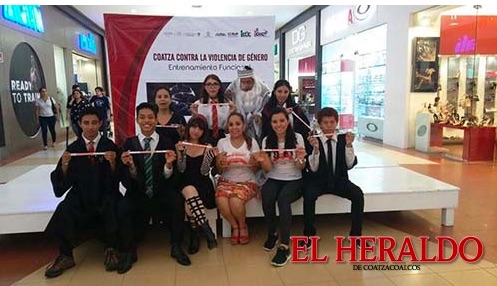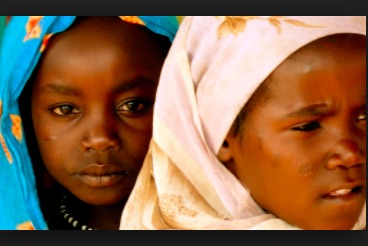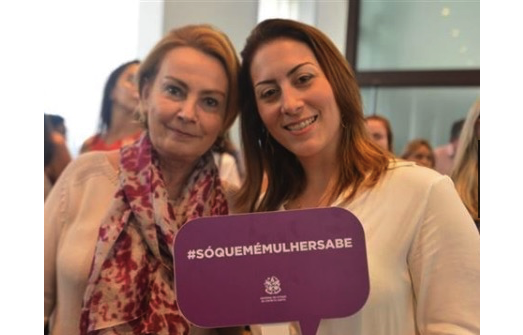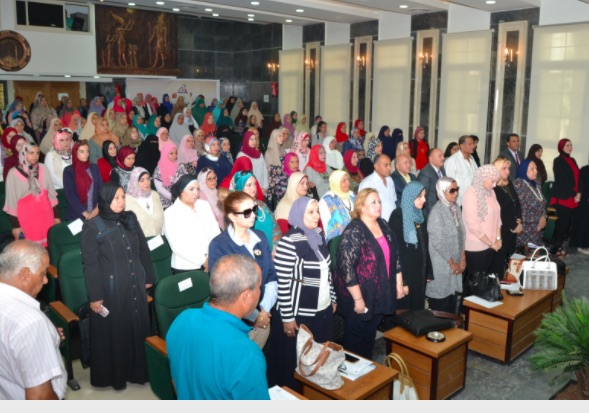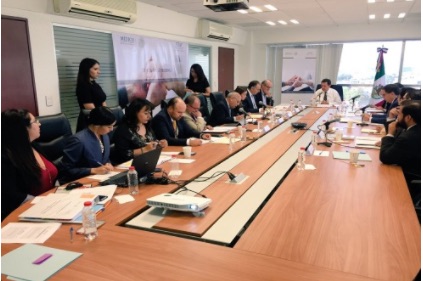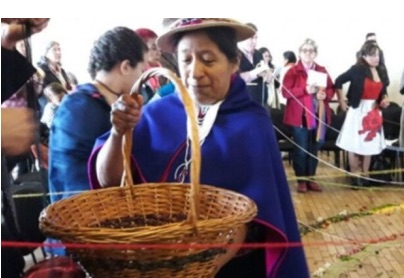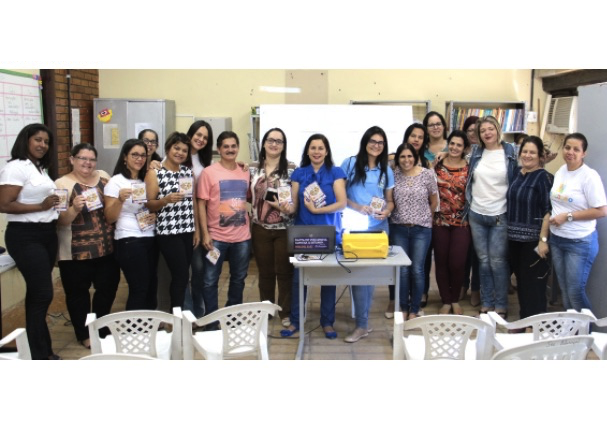. . WOMEN’S EQUALITY . .
An article from UN Women
Women, everywhere, have had enough. Around the world, they are saying #metoo, no longer willing to suffer sexual harassment in silence. In cities across Bangladesh, sexual harassment against women is a daily reality. A project implemented by the Bangladesh National Women Lawyers Association (BNWLA) and UN Women in four major universities is engaging male and female students, as well as teachers, to challenge gender stereotypes, speak out and learn how to prevent sexual harassment. Koyesh Miah from Shahjalal University of Science and Technology and Sumaya Rahman Kanti from the University of Rajshahi, recently spoke to UN Women about their experience. They too, have had enough, and will not be silent bystanders.

caption: Students gather to share their experience and organize to prevent sexual harassment on campus.
It’s simple they say. “Let’s learn to respect women as our equals!” says 23-year-old student Koyesh Miah, from Sylhet.
In homes, schools and public spaces across Bangladesh, women and girls face sexual harassment every day. “Many men in Bangladesh do not see women as equals in any respect. Gender-based violence and harassment is considered normal,” says Miah. “Growing up, we saw discrimination against girls everywhere. They get less food and poorer education than boys; throughout their lives, they receive fewer opportunities than their male counterparts.”
“Before we joined the campaign group, many of us thought [sexual harassment] was harmless fun…We didn’t realize how our behaviour affected women and girls.
Through the campaign, students got the opportunity to hear from their female classmates about the way they feel about sexual harassment. It helped us understand how much this so-called ‘funny’ behaviour humiliated women and girls…how it affects their self-esteem, confidence, mobility and opportunities.
Today I know how to raise my voice against sexual harassment. Whenever and wherever a girl faces harassment in front of me, now I never think twice about protesting.”
Until recently, Miah used to be a silent bystander, like many others when other men sexually harassed women. Since participating in the “Building Capacity to Prevent Violence Against Women Project” implemented by UN Women and Bangladesh National Women Lawyers Association (BNWLA), things are changing and Miah fully understands the serious ramifications of sexual harassment and is ready to tackle it head on.
The project, which started two years back in October 2015, was initiated in four major universities across Bangladesh—Shahjalal University of Science and Technology in Sylhet, East West University in Jahangirnagar, University of Dhaka, the capital of Bangladesh, and the University of Rajshahiin Rajshahi—with generous support from Embassy of Sweden in Dhaka. The project has set up Sexual Harassment Prevention Committees (SHPC) which meet weekly or monthly, and provide a safe space for students to share their experience and organize to prevent sexual harassment on campus.
(article continued in right column)
Protecting women and girls against violence, Is progress being made?
What role should men play to stop violence against women?
(article continued from left column)
During one of Miah’s campus meetings, a student shared how her friend was being harassed by a guard outside their hostel. When the harassment escalated, she reported the incident. The guard was transferred, but not fired. Miah uses this case as an example and says “this made us realize how difficult it is for girls to feel safe when someone who is supposed to protect them acts like this.”
On the other side of the country, Sumaya Rahman Kanti, aged 21, from the University of Rajshahi in the north-west part of the Bangladesh, believes that it is crucial to involve men in campaigns against sexual harassment. She says, “men must strongly say no to sexual harassment first and act accordingly. They shouldn’t walk away from any situation where a girl is being harassed, rather, they should take immediate steps to prevent any form of sexual harassment or violence.”
“Women are being harassed regularly regardless of how they look, what they wear, or what their educational or family background is.
There are laws, but no implementation… Women shouldn’t wait for someone to protect them or to speak for them. If we don’t ask for justice, if we don’t ask for change, nobody will come forward.”
Kanti knows, first-hand, the impact of sexual harassment: “As a female student, I know how other female students suffer, and the kinds of barriers and obstacles they need to overcome. I have faced this harassment too, and I don’t want any other girl to suffer what I’ve suffered, and I want to make people understand that being born a girl in our society is not a sin.”
UN Women has helped in establishing and expanding on-campus mechanisms in all four universities to prevent violence and support survivors. Sexual Harassment Prevention Committees now manage dedicated telephone hotlines, among other forms of assistance, and have clearly defined procedures for investigations, as well as referrals to university authorities and law enforcement.
“Changing the culture starts with the young,” says Mahatabul Hakim, UN Women Programme Analyst in Bangladesh.. “We started this project because there was an urgent need for an intervention. A survey by UN Women in 2013 showed that 765 female students faced sexual harassment within university campuses in Bangladesh. The project targeted male and female students, so that together they can create a new normal by refusing to accept sexual harassment against women.”
Both Miah and Kanti feel that these campaigns in their campuses have been extremely helpful. Kanti has seen a change on campus and among leaders of student unions, which are affiliated to various political parties. She says, “before the campaign, many political leaders misused their power to harass female students. However, this year they’re involved with our campaign, and they have committed to protest and take necessary actions to prevent any kind of harassment they see around.”
Koyesh Miah agrees, adding: “Today I know how to raise my voice against sexual harassment. Whenever and wherever a girl faces harassment in front of me, now I never think twice about protesting.”
Using theatre, music, arts and sport, students and faculty have engaged 20,000 people in the last two years. The momentum for change continues to build, as more students like Kanti and Miah step in to stop sexual harassment and start challenging the various forms of gender inequality in their daily lives.
As the next step of the programme, UN Women is working with university authorities to strengthen institutional response to violence against women on campus. Safety Audits have been completed in all four universities; authorities will be trained on gender-responsive budgeting, so that appropriate resources are allocated to prevent violence; and accountability mechanisms within universities will also be strengthened.
